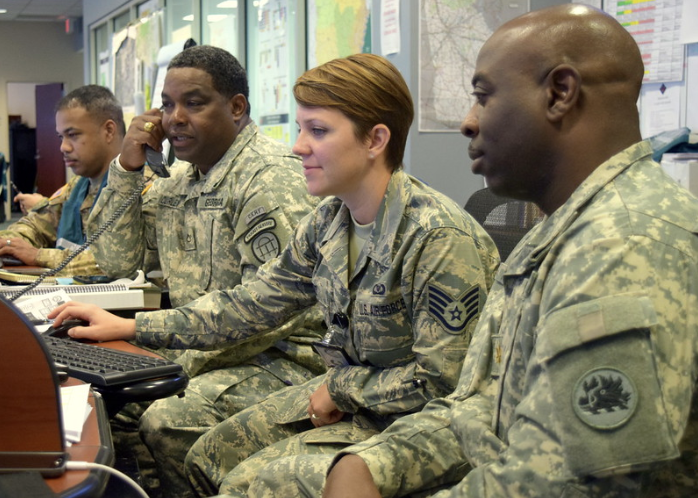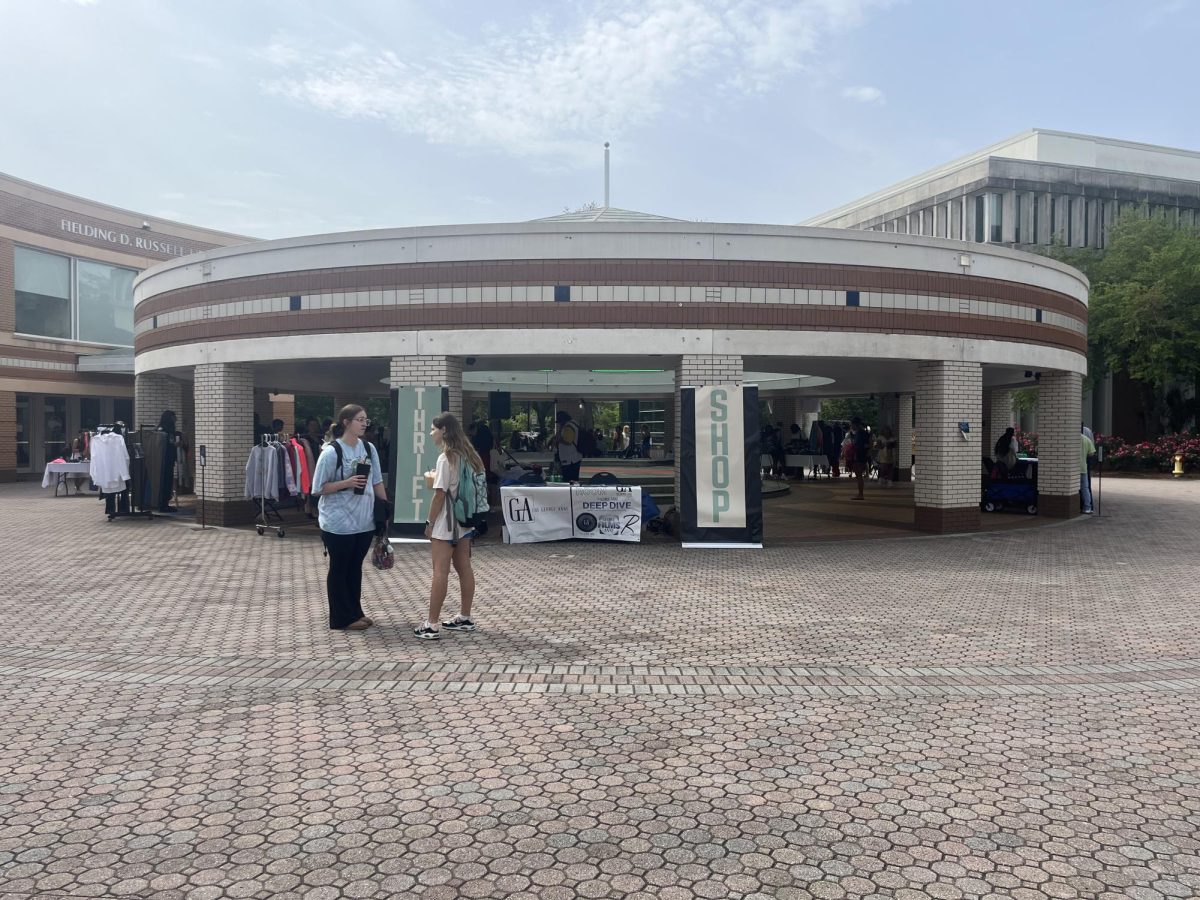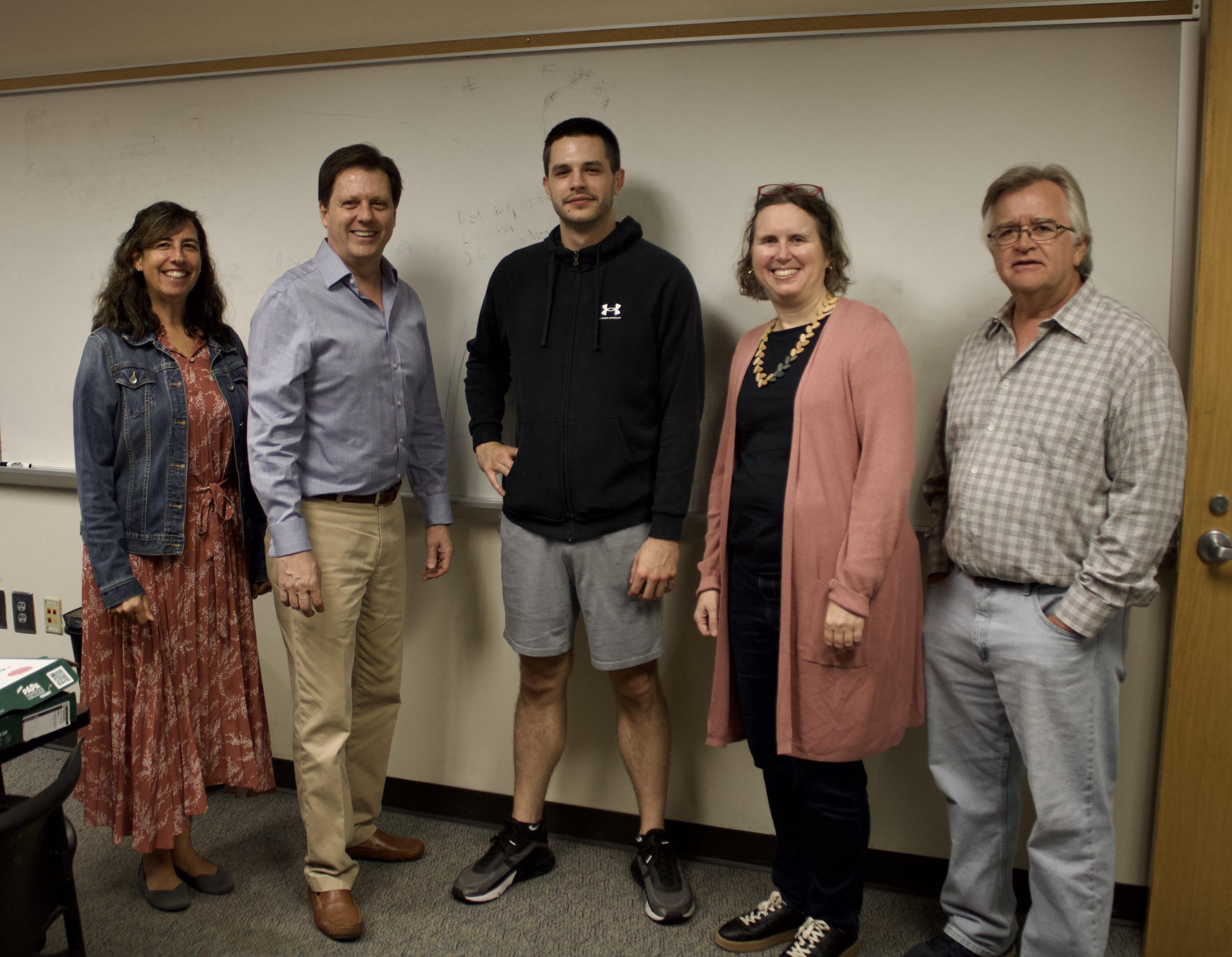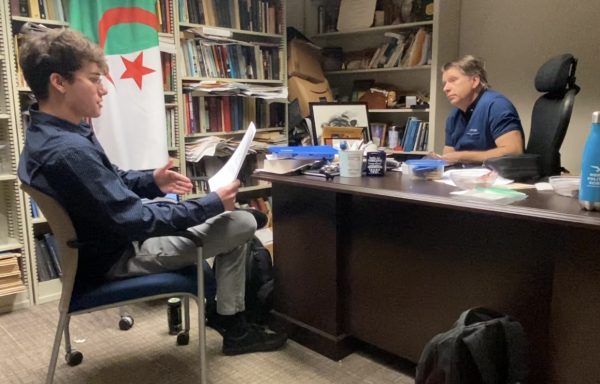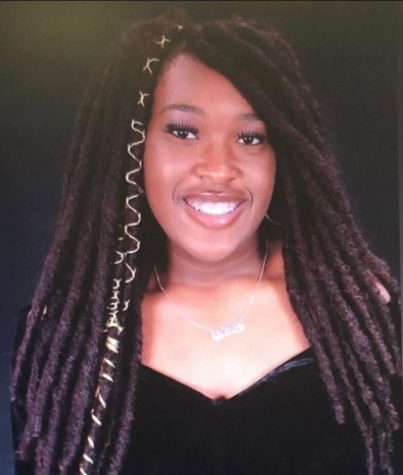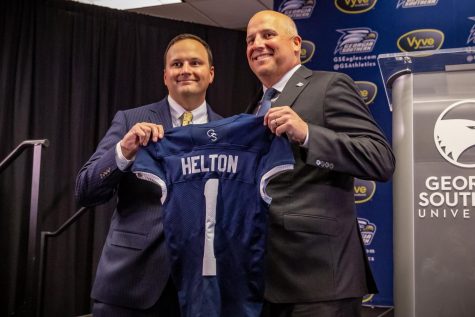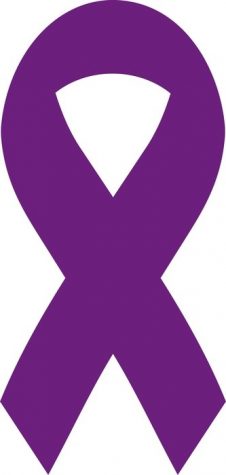Students Need Guidance to Prepare for “Real World” Scenarios
March 7, 2017
As I sit here and reflect on my college years, I cannot believe I only have three months left in this tiny town. Preparing for a new chapter in life is scary, overwhelming, confusing and unpredictable.
Something that high school did not prepare me for is the “real world.” Not once did any teacher explain what a mortgage was or how taxes work. I also never learned about the student loans that would follow me for years to come. So as a high school graduate I was able to tell you all about Aristotle’s childhood and could use a potato as an energy source but when was the next time in my 18-year-old life I was actually going to need those two?
As a second semester senior Georgia Southern University, one would be led to believe that I am prepared for the real world, finally. At this point I have made it through political science and world literature one and two. College classes have challenged me and shown me what studying actually consists of, but to use the word “prepared” to describe me for my years ahead would be wrong.
In my higher-level classes I have learned a lot. I can edit video quickly, come up with a podcast idea and have it air the same day, I can even write a fact sheet and have it ready for a press release within the hour. Ask me to create a resume to send to potential employers, now I am at a loss. It baffles me.
Why aren’t resume building and portfolio checks required for every college student, regardless of their major? Having a resume and proof of your skills is one of the few things that all college students will need to have by the time they graduate. Yet there is no requirement for it.
Of course, career services helps, but many students need the extra push and many students do not even know how to access the career services center. If you are lucky, certain professors will take you under their wing and help you with this prerequisite for the next 30+ years of your life, but that is only if you’re lucky.
Another essential life skill that many students will need to understand upon graduating is how to pay off loan debt. With student loans being so common and necessary for most students, it only seems right for us to be given some source of instruction for how the realm of finance and bills works.
Right now, the only option is to take an accounting or finance class. There should be an option for financial planning training for students who want to enter the “real world” with an understanding of personal finances.
As college students we are still students. We need guidance and are still absorbing what we learn so we can effectively use those skills. Universities should make all students feel confident in understanding what goes into a resume, portfolio, CV. Each student should graduate with some understanding of student loans and how to plan to pay them off. These are all skills and things that we need to understand to make important life choices.
I am not complaining about how far I have come in my college career because believe me, I am honored to be a Georgia Southern University CLASS student. I am just a senior student who feels there have been some missing pieces throughout my journey.

